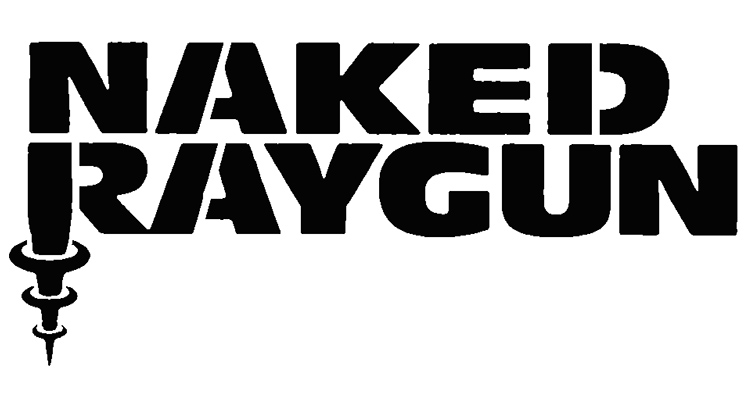In some ways, the Naked Raygun story is a string of rock and roll clichés. They were massively influential on the U.S. post-punk era but, like their Milwaukee contemporaries in Die Kreuzen, they never really got their due outside their local circle until years after they’d called it quits. They lost band members to financial disputes while never being able to quit their day jobs. They finally broke up just in time for punk rock to be a viable career path, essentially dropping out of the scene just as grunge hit the big time. It took alt-rock survivor Dave Grohl and his Sonic Highways project to thrust Raygun into the spotlight over two decades later. In the first episode of the 2014 Foo Fighters HBO documentary series, Grohl proclaimed Raygun to be the reason he started playing music (not for the first time), and he subsequently asked the band to open for the Foo at a huge Wrigley Field show this past August.
Raygun had already been reactivated for several years by that point, however. They’d been dormant since 1992, other than a trio of reunion shows in 1997, until the fall of 2006, when they were enticed to reform to play Chicago’s Riot Fest. The lineup was the same as their final ’92 roster: singer Jeff Pezzati (the only constant member since 1981), guitarist Bill Stephens, drummer Eric Spicer and bassist Pierre Kezdy. It was this lineup, with the addition of Fritz Doreza on bass, who played to an appreciative packed house at Turner Hall Ballroom on Friday night.
The dual-bassist situation stems from Kezdy’s health issues; since suffering a stroke in 2011, his contributions to Raygun live shows have been largely symbolic, but he was clearly enjoying himself up there, as were his kids, who danced enthusiastically at the side of the stage. It was Spicer and Stephens (resplendent in a Charlie XCX t-shirt) who proved to be the musical driving force at Friday’s show, pushing through some early equipment problems and musical miscues to ultimately put on an inspired set of mostly classic ’80s material.
Frontman Pizzati put concerns about the effects of Parkinson’s disease on his performance largely to rest; nobody’s expecting men in their 50s to be pogoing around the stage, right? His ability to convey a smoldering intensity through deadpan vocals has always been a strength, and his presence was commanding if less manic than the old days. He may not be renowned for his guitar playing, but it was when he picked up an ax that the set really gelled. The crowd was transfixed as Pizzati stalked the stage during “Peacemaker,” his message as vital in today’s mad world as ever.
Still, it was those vintage whoa-o’s that got fans fired up the most. Raygun skipped past traditional punk almost from their genesis, but they peppered their whole career with doses of hardcore, and the likes of “Rat Patrol” and “New Dreams” were augmented by a few hundred extra voices. The band isn’t merely a nostalgia act, though; they’re slated to release their first album of new material since, gulp, 1990 next year, and they premiered a track from it called “Broken Things” at Turner. It was an impassioned, latter-day populist punk tune that could easily inspire more big singalongs down the road. Contrary to expectations, Raygun seemed to gain strength as the show went on rather than lose steam. Maybe this extended reunion will have a similar trajectory after all.

